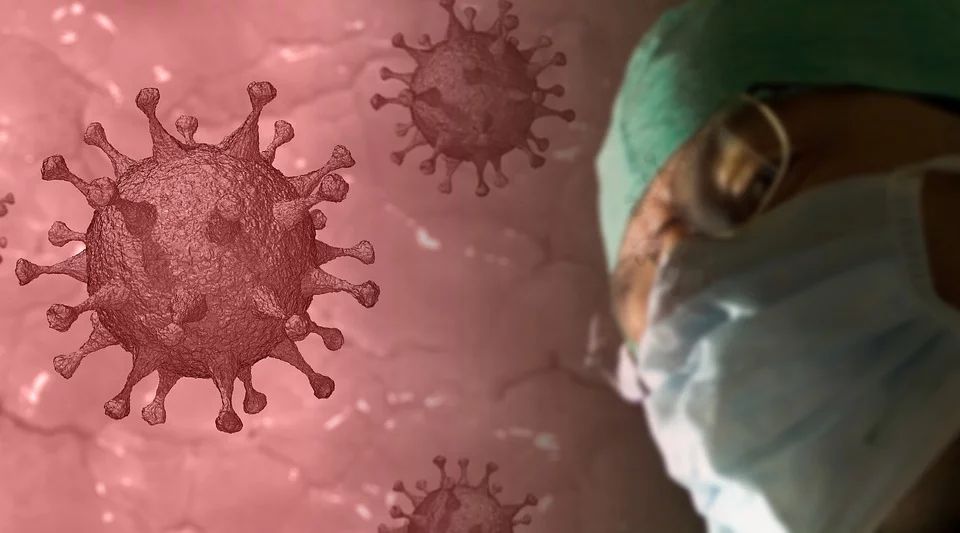At least 37 billion euros, or 43,000 workers, which means the loss of 70,000 beds, including 3,000 in intensive care. In recent years, these have been the cutbacks to the healthcare system.
For years, we have been getting ready, with “scientific rigour”, so that we wouldn’t have enough resources to deal with a health emergency like the present one. In these days of the coronavirus outbreak, the alarm caused by the massive cutbacks to the health system must take centre stage. Now, every problem is evident, as well as the shortcomings it brings about.
The continuous cutbacks to the National Health Service and the systematic reduction of human and technological resources, due to cuts in the Health Fund, have led to a widespread collapse of the healthcare system. As a result, access to treatment has been reduced for an increasing number of people. Today it is the coronavirus, tomorrow it could be another virus or even any trivial disease: to maintain only Essential Levels of Care (ELC) is to sign a death sentence. When deaths take place gradually, it may not be so obvious. But now, deaths because of the coronavirus are numerous and in a very short time.
Now, at the height of the emergency, the importance of public health is undeniable. Health workers are praised as heroes, but they have endured abysmal working conditions for years: lots of stress, emotional blackmail, harassment in the workplace and penalties from the management, which uses report cards to evaluate performance (and their subsequent effect on wages) and appalling contracts that have not improved for years.
Workers in public and state-funded private healthcare have been affected by a process of deconstruction of the system. Even worse, abandoned and neglected, they have had to adapt the health response to the country’s needs. But, what about the needs of those who provide the service? More than ten days after the start of the coronavirus outbreak, health workers had to work without masks and with insufficient protection. As a result, more and more doctors and healthcare workers became infected and at risk of infecting patients and their families. Healthcare workers who may be exposed to infection are no longer tested. Exhaustion is rife, both physical and mental, and pills are used to sleep for a few hours between gruelling shifts, when it is impossible to stop thinking about what has been witnessed. Experienced co-workers are seen crying, patients are abandoned in the corridors, alone, far from their loved ones. Death from coronavirus is a lonesome death. Health workers are in the front-line trenches, under relentless shelling. We are witnessing a merry-go-round of regulations and protocols, sometimes contradictory, between regional administrations and the central government. They all complain very loudly about the lack of supplies, only to mask a chronic shortage that they did not even consider replenishing after the outbreak of the epidemic in China.
We have denounced for a long time, together with other class unions, what those years of devastation of the national health system could mean. These days of the coronavirus emergency, our reasons to raise the alarm about the massive cuts are making themselves evident. Governments and politicians in general are to blame, of course, but not only them. Brunetta, the Secretary for Public Administrations under Berlusconi, used to say that health workers were lazy, parasites, crooks who got paid for doing nothing and other such epithets, and he enjoyed a good deal of support.
Every time we stood by when a hospital bed was lost, we were feeding our fear and desperation of today. Over the past few years, groups and strikes in defence of the health system were not supported enough. Now, people are coming to cheer health workers… The legacy of this pandemic must be a widespread struggle to demand and recover an effective and universal health service, ready to deal with any possible emergency.
–>http://usi-cit.org/index.php/1664-comunicato-usi-sanita-emergenza-sanitaria-covid-19
USI-CIT Milan Hospitals and USI-CIT Health Workers
Also available in:
